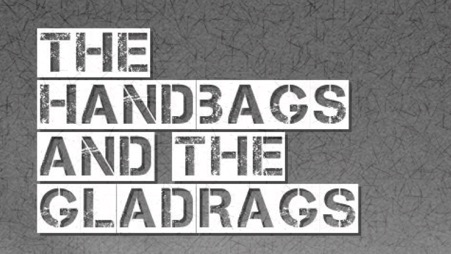- Posted on : December 17, 2015
- Posted by : Tom Fletcher
Nick Robinson, now at the helm of BBC Radio 4’s Today programme, asked me on today to talk about EU Councils.
I’ve probably done almost 50 of them, and I’m slowly recovering. There are few 21st century global challenges to which the answer is a European Summit. Just because EU leaders can now meet every month doesn’t convince me that they always should.
But clearly this European Council matters, especially to the UK. The outcomes could have a profound impact on our relationship with Europe. To an even greater extent than usual, the PM is negotiating on several fronts – with his counterparts, the media, domestic opinion, and his own party.
Whatever he secures, some will have already decided their reaction, on a scale from frothing rage to cynical harrumph. But anybody who still thinks that a leader can simply swing a handbag and head to the press conference to announce victory is living in a fantasy world.
EU Councils take tenacity, focus and stamina. It is normally best not to look at how the sausage is made (though some in Brussels disagree). Negotiation takes place over weeks, sometimes months – much more like a Test series than a 20/20 match. Advisers will haggle and trade, and build in negotiating fat. In advance, embassies and experts will have fanned out to get the best possible information.
But ultimately it is the leaders who do the deal. As I said to Nick, those who have run coalition governments are at an advantage, because they understand this kind of rolling negotiation. But no plan survives contact with the enemy.
Reflecting on these kind of summits from outside government, I’m even more struck by the cynicism many feel towards those in the arena. We can sometimes be like a football crowd booing our players before the whistle has been blown. There is a real challenge ahead for European leaders to gain the trust needed to make the compromises necessary for their citizens to be safer and better off. Compromise is a dirty word, but – apart from conquering Europe, which only a few outliers still favour – there is no other way to forge the alliances we need. The trick is finding the compromises that make us stronger, and rejecting those that make us weaker. I know our team will be working flat out on that.
Incidentally, as I’ve argued on this site, a first step towards making EU discussions more relevant and accessible would be to put them in language that people actually use. The communiques are sweated over by officials, and then read only by officials. For much of diplomatic history, those inside the room have had more in common with each other than those they represent. That needs to change if diplomacy is to remain as relevant as it needs to be.
0 Comments

